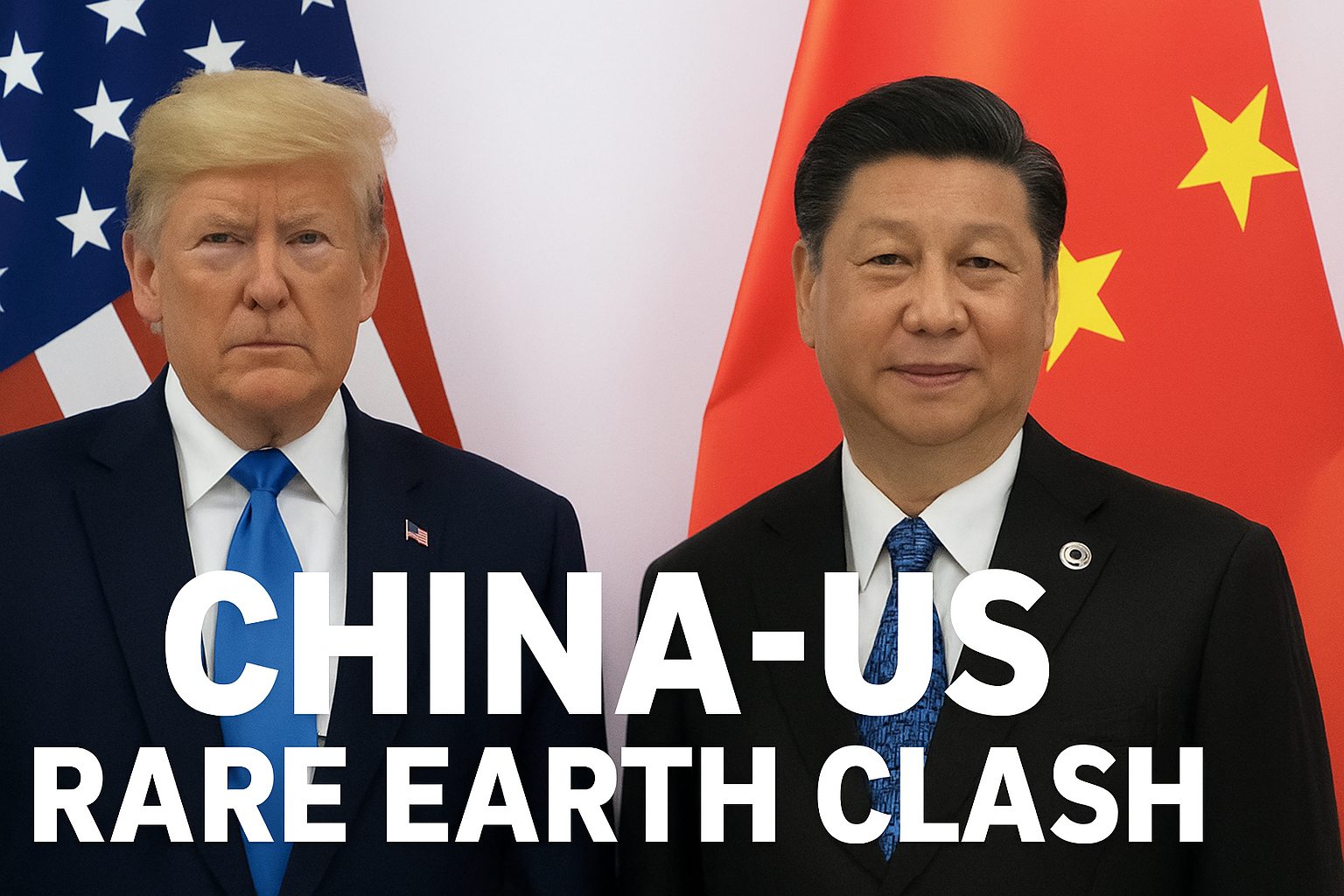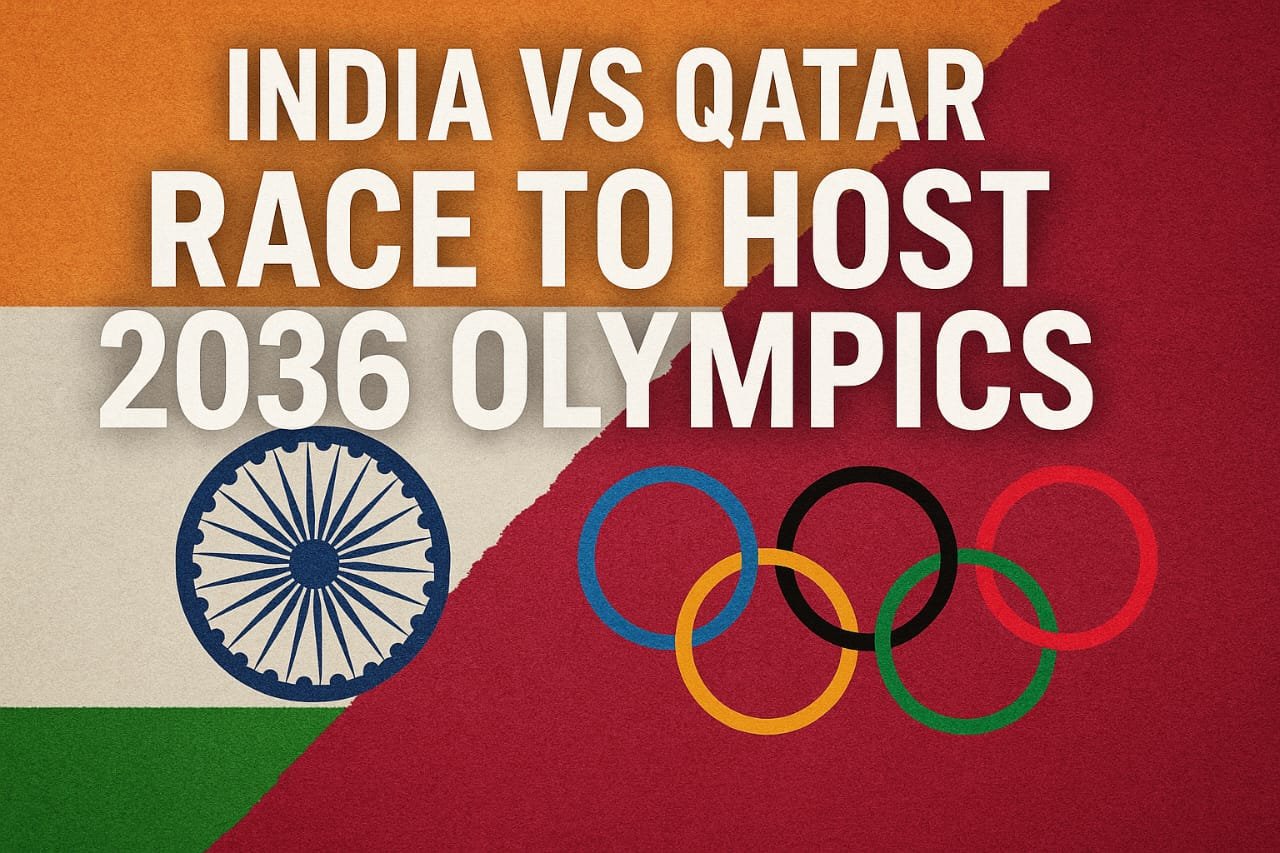
The race to host the 2036 Olympics has taken a decisive turn, with Qatar joining India in pursuit of the world’s foremost sporting event. The formal bid from Doha, announced this week, positions it as a direct competitor to India’s ambition of bringing the Summer Games to Ahmedabad, a move that had so far enjoyed a largely uncontested run on the global stage.
Unlike traditional pitches, India views the Olympics as a springboard for national transformation, not just athletic spectacle. The Indian Olympic Association (IOA), supported by the central government, has repeatedly framed the bid as a project of national pride and development, with Prime Minister Narendra Modi personally voicing his support during the IOC session in Mumbai last year.
India has already earmarked land in Gujarat for a potential Olympic Park, and the IOA has presented the IOC with a formal ‘letter of intent.’ A detailed roadmap is expected to follow soon, outlining infrastructure, financing and legacy planning.
However, with Qatar in the ring, the competition intensifies. Doha, which successfully hosted the FIFA World Cup in 2022, has deep experience in sports event management and the financial muscle to back its bid. Its existing infrastructure and strong ties with the international sporting community make it a formidable challenger.
Observers note that Qatar’s late but decisive entry could compel the IOC to weigh geopolitical balance, infrastructure readiness and global representation in a much more nuanced way. For India, this means its bid must now be sharper, more unified and globally persuasive.
India must demonstrate that its sports bodies, the IOA, National Sports Federations (NSFs) and the government are on the same page and functioning cohesively, a source close to the deliberations told the media. The IOC, known for scrutinising governance standards, will likely expect clarity on roles, responsibilities and dispute resolution mechanisms across institutions.
In parallel, the National Sports Governance Bill, passed by Parliament on July 23, 2025, marks a structural reform aimed at modernising sports administration in the country. The new law is designed to enhance transparency, accountability and professional standards, which are key elements in securing the International Olympic Committee’s confidence.
IOC President Thomas Bach, during his India visit last year, had highlighted the importance of stability and clean governance in national Olympic bodies. India's successful campaign to host the IOC Session in Mumbai was widely seen as a stepping stone, but not a guarantee.
The coming months will likely see heightened diplomatic engagement, sports diplomacy and promotional events from both countries. While the final decision on the 2036 host is expected around 2026–27, the groundwork being laid now could prove decisive.
For India, this is not just about the Olympics. It is a statement of intent to be seen not just as a participant in global affairs, but as a host ready to lead.



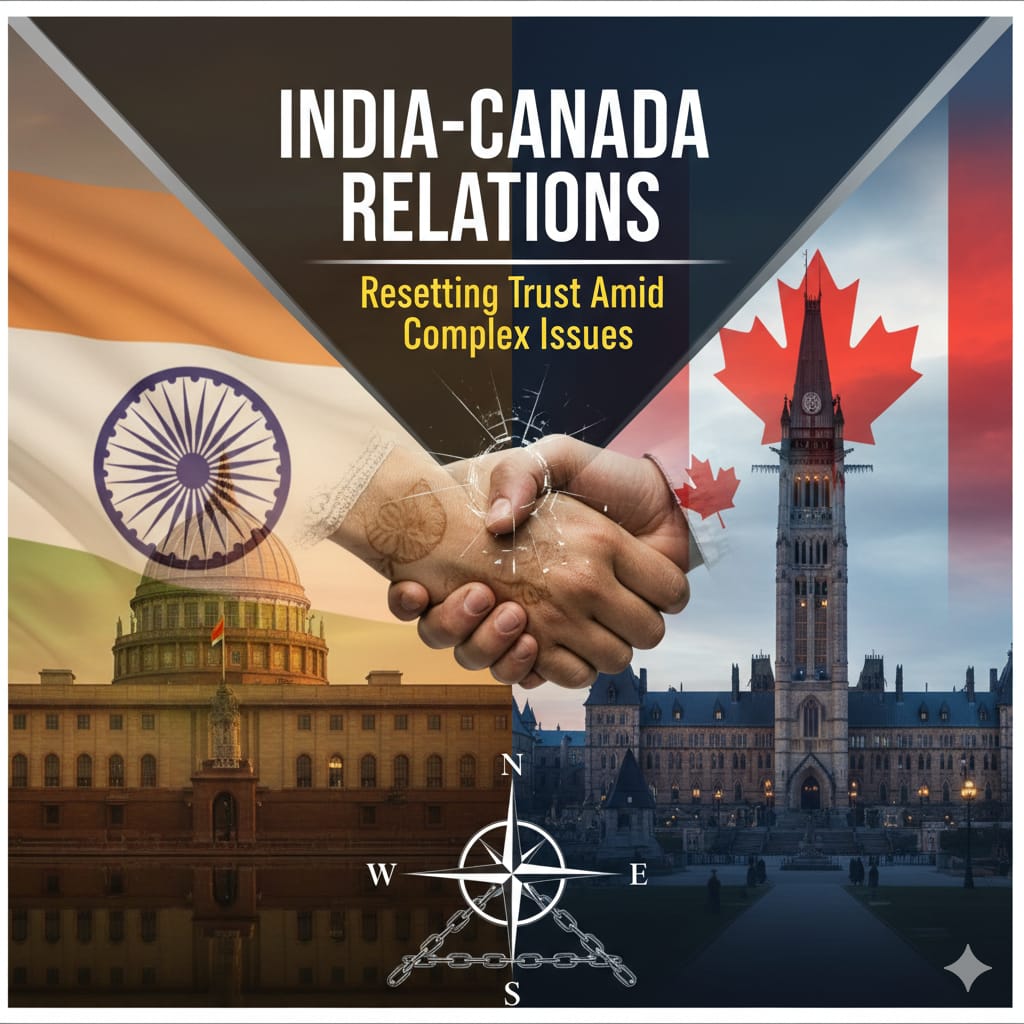
.jpeg)




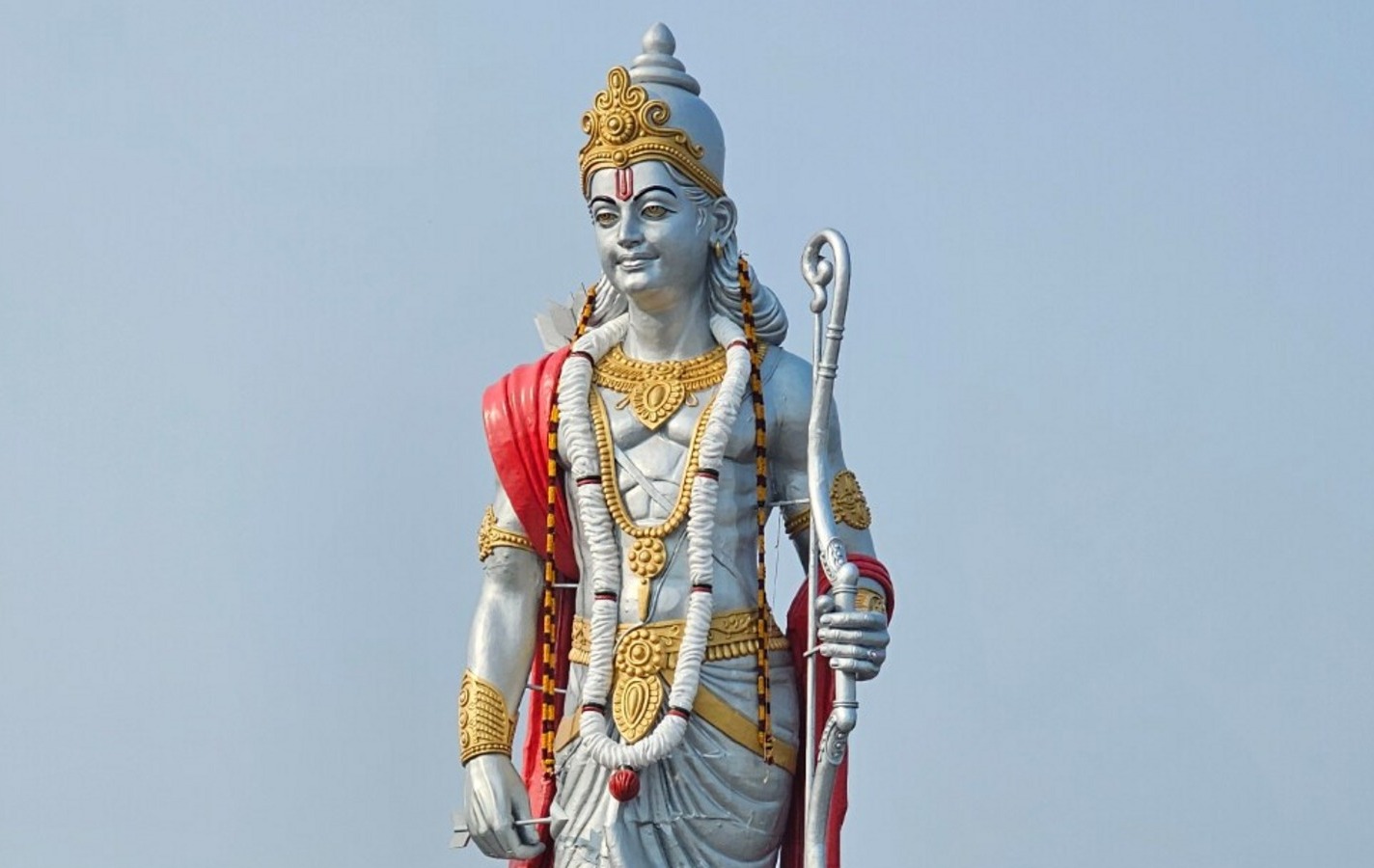
.jpeg)
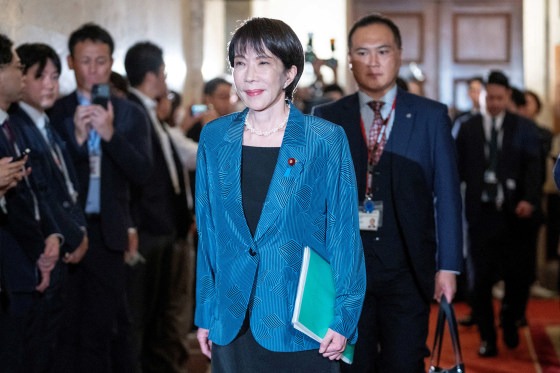


.jpeg)



.jpeg)
.jpeg)
.jpeg)
